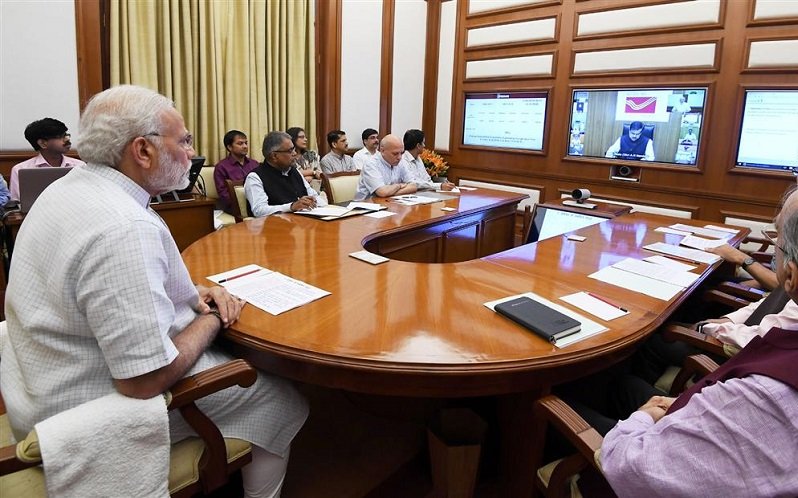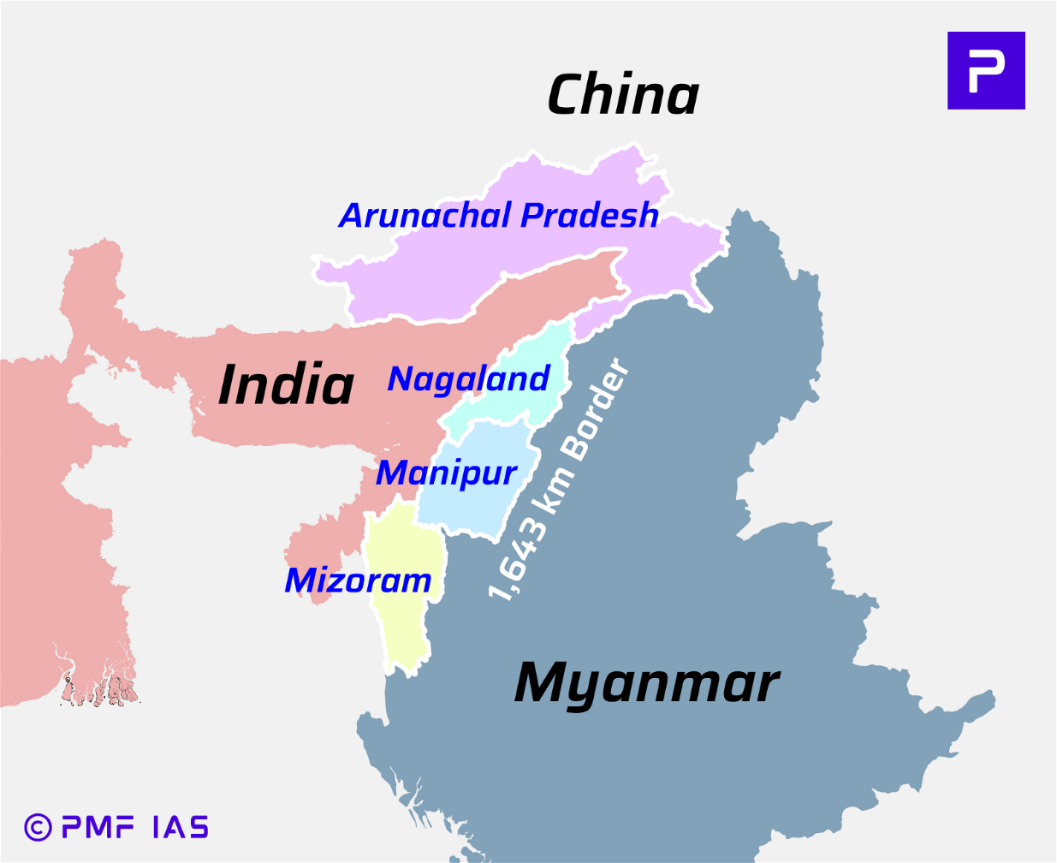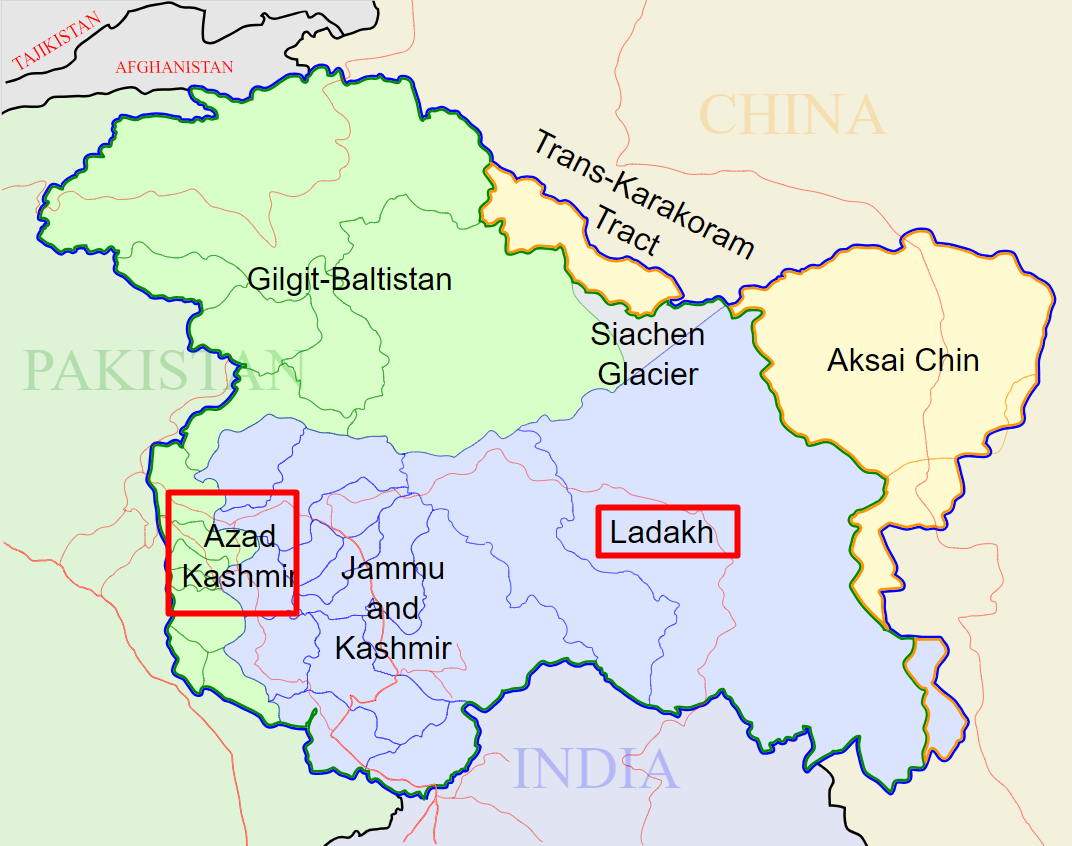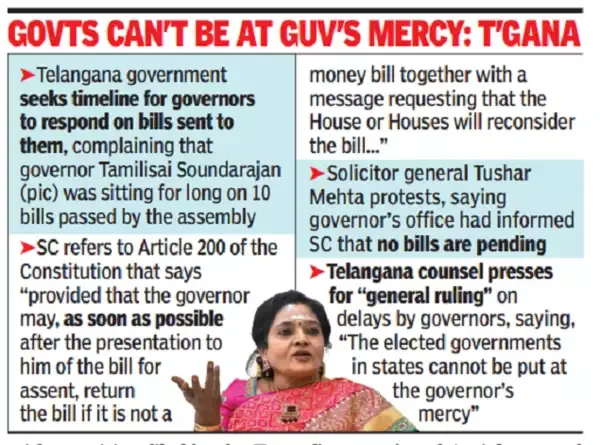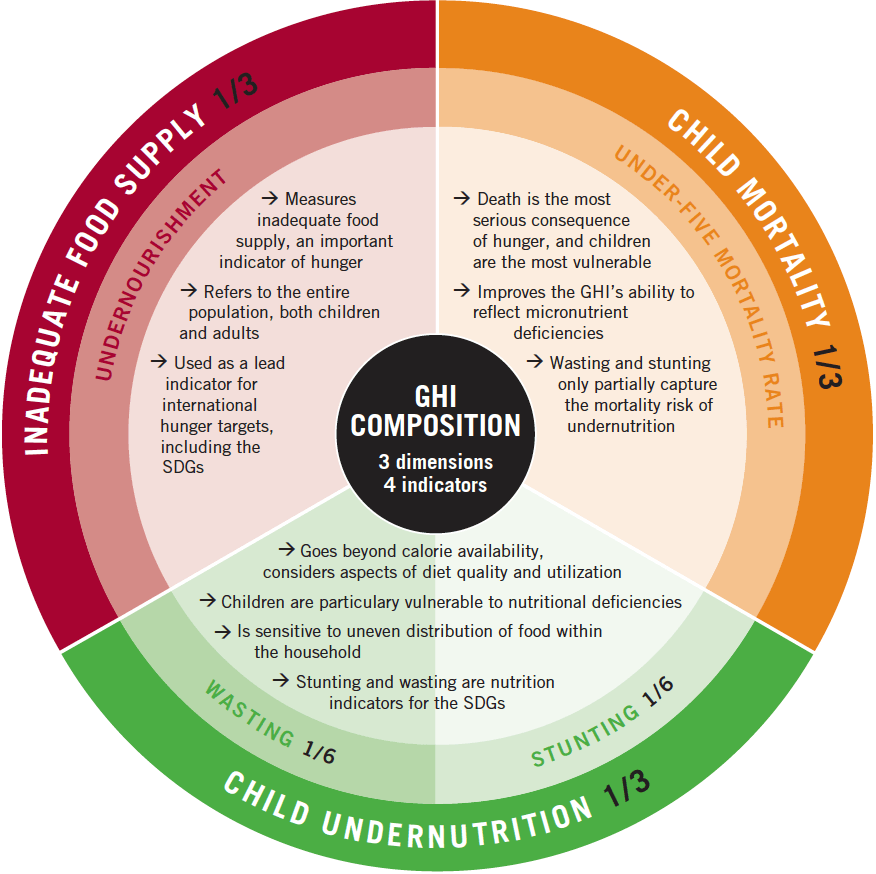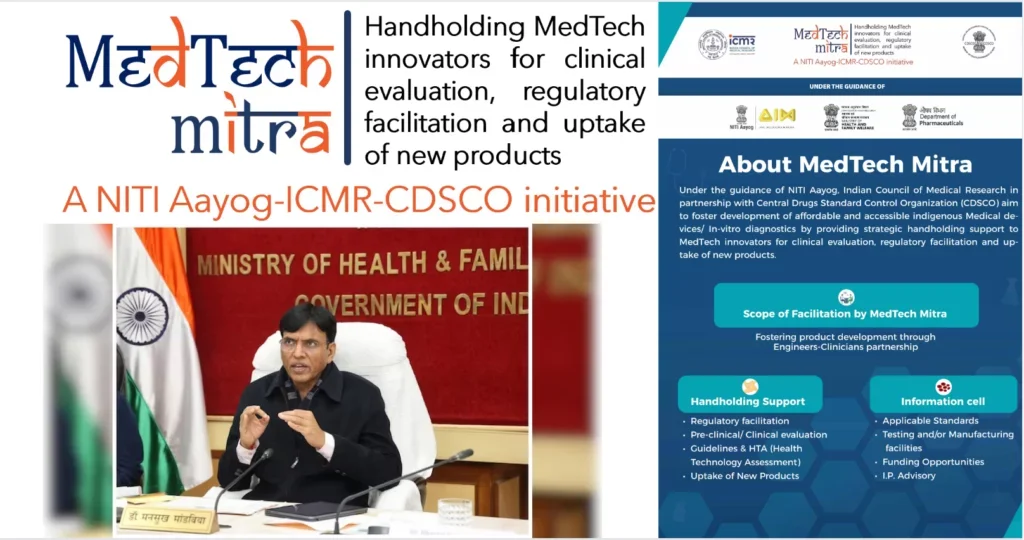
Ethics Committee
Subscribers of "Current Affairs" course can Download Daily Current Affairs in PDF/DOC
Subscribe to Never Miss an Important Update! Assured Discounts on New Products!
Must Join PMF IAS Telegram Channel & PMF IAS History Telegram Channel
- Context (IE): The Ethics Committee of the LS has summoned Trinamool Congress MP Mahua Moitra regarding allegations made by BJP MP Nishikant Dubey.
- The Lok Sabha Ethics Committee consists of fifteen MPs nominated by the Speaker for a period of one year.
Procedure for complaints
- Any person can complain against a Member through another LS MP, with evidence of the alleged misconduct and an affidavit stating that the complaint is not “false, frivolous, or vexatious”.
- If the Member himself complains, the affidavit is not needed.
- The Speaker can refer a complaint against an MP to the Committee.
- The Committee does not entertain complaints based only on media reports or sub judice matters.
- The Committee makes a prima facie inquiry before examining a complaint.
- It makes its recommendations after evaluating the complaint.
- The Committee presents its report to the Speaker.
- LS Speaker asks the House if the report should be considered.
- There is also a provision for a half-hour discussion on the report.
Overlapping Roles
- The work of the Ethics Committee and the Privileges Committee often overlap.
- An allegation of corruption against an MP can be sent to either body, but usually, more serious accusations go to the Privileges Committee.
- The Ethics Committee can take up only cases of misconduct that involve MPs.
History of Ethics CommitteesEthics Committee of RS
Ethics Committee of LS
|





![PMF IAS Environment for UPSC 2022-23 [paperback] PMF IAS [Nov 30, 2021]…](https://pmfias.b-cdn.net/wp-content/uploads/2024/04/pmfiasenvironmentforupsc2022-23paperbackpmfiasnov302021.jpg)
